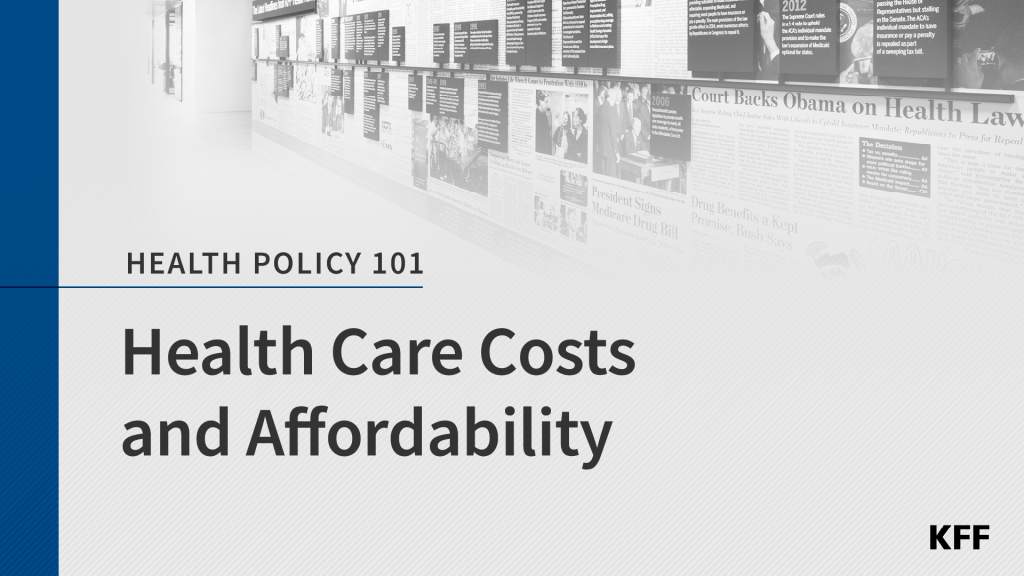Section 1332 State Innovation Waivers: Current Status and Potential Changes
Section 1332 of the Affordable Care Act (ACA) authorizes states to waive key requirements under the law in order to experiment with different health coverage models. As Republicans in Congress debate repeal and replacement of the ACA, renewed attention is being paid to these waivers as a mechanism for giving states flexibility to restructure their health care markets. This brief describes current 1332 waiver activity, including proposals in the Senate's Better Care Reconciliation Act (BCRA), and raises questions regarding the future of these waivers, particularly in the context of proposed changes under discussion.
